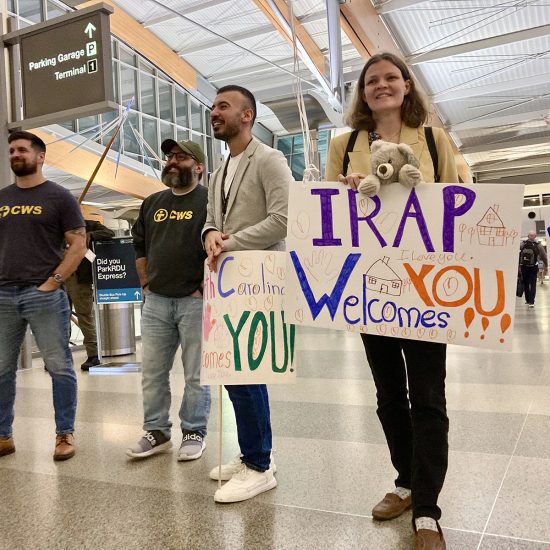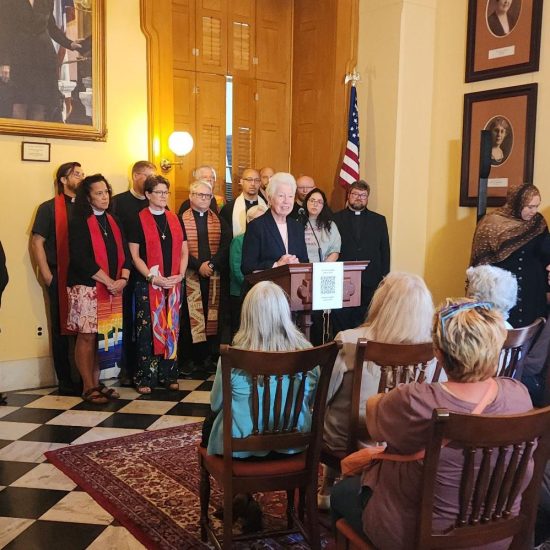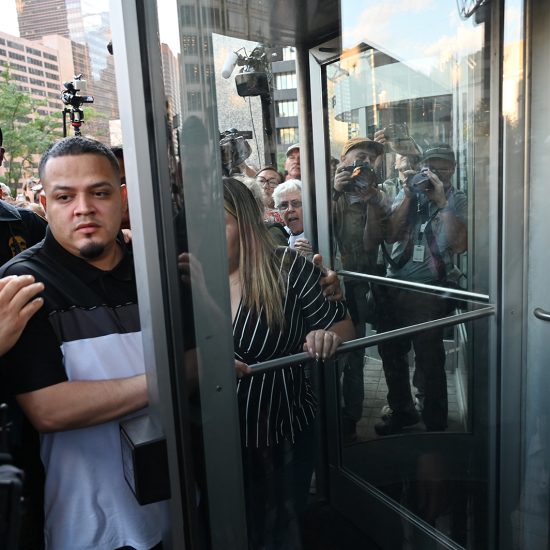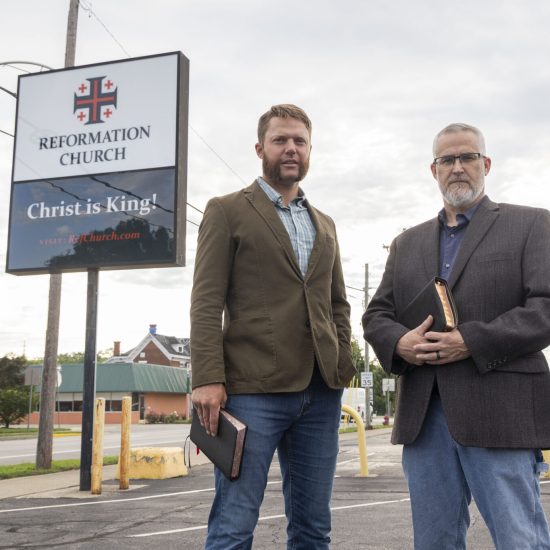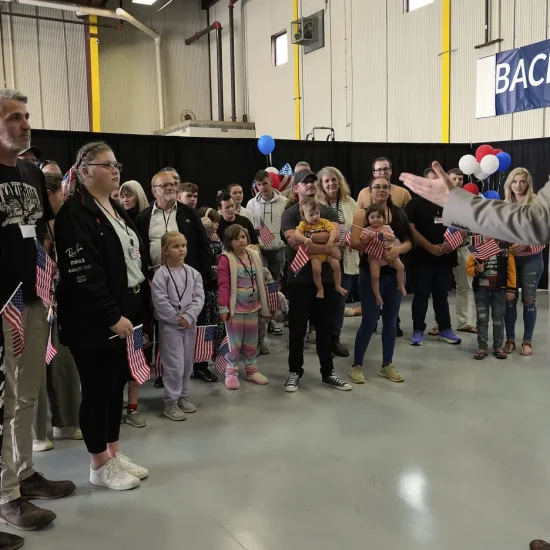LOUISVILLE, Ky. (ABP) – Media attention to this week’s groundbreaking visit to Myanmar by Secretary of State Hillary Clinton will include a network news story featuring a Kentucky Baptist church that has become a spiritual home for resettled refugees in the country historically known as Burma.
Tentatively slated for the Thursday, Dec. 1, broadcast of CBS Evening News, the segment is expected to focus on how refugees from Burma are settling into life in the United States, how Crescent Hill Baptist Church in Louisville, Ky., has been changed by the arrival of refugees and what people there think about warming relations between the United States and Myanmar’s authoritarian military government considered one of the world’s most oppressive regimes.
Crescent Hill is one of a number of Baptist congregations across the U.S. encountering Burmese refugees because of connections to the Baptist faith traced back to American Baptist missionary Adoniram Judson, who arrived in Burma in 1813. Burmese Baptists were some of the earliest converts to Christianity in Southeast Asia, and the Baptist witness grew quickly among minority ethnic groups such as the Karen and Chin.
About 3,000 refugees from Burma have resettled in Kentucky since 2006 after living in refugee camps along the Myanmar-Thai border. In 2007 some of those refugees remembered that a mission team from Crescent Hill had ministered in one of those camps and were eager to connect with fellow Baptists who knew about them and their plight.
Rather than asking Crescent Hill to sponsor an ethnic mission where they could worship in their native tongue, the refugees insisted on worshipping alongside the rest of the congregation, even though they didn’t understand a word of English.
“That was one of the first lessons they taught us — and this was their choice — was that for them it was very important that we all be together in worship,” said co-pastor Jason Crosby. Though he can’t speak for them, he speculated, “I think they’re of the belief that God will move among us even if we can’t understand the words that are said.”
Crosby, a Kentucky native, had been working with Burmese refugees for three years as interim pastor of First Baptist Church of Battle Creek, Mich., before moving to Louisville just a few months after the first Burmese refugees were settling in and looking for a church home.
Since then Crescent Hill has welcomed large numbers of Burmese refugees. American church members have worked to help meet physical, emotional and spiritual needs of the members from Burma. In return, the refugees have inspired fellow church members with their testimony of maintaining faith and hope amid dire circumstances.
Crosby said the transition from what once was a flagship church for nearby Southern Baptist Theological Seminary to one that is now on a given Sunday roughly half Anglo and half Burmese has had its up and downs.
“It’s not easy, and feathers get ruffled when you’re trying to worship and people don’t speak the same language or people have radically different expectations of what worship should look like and what worship should mean,” he said.
“Now, four years later large numbers of folks in Karen and Chin communities have significantly better English skills,” he said. “We’ve kind of turned a corner in terms of what was an initial barrier and we’re now getting to the point where language is not a much of an issue. It hasn’t’ always been easy, but we’re really in a fantastic spot right now.”
Crosby said people in his church have mixed feelings about Clinton’s trip to Burma scheduled Dec. 1-2, the first by a U.S. Secretary of State in more than half a century. While encouraged by recent reforms like the release of a small number of political prisoners, they don’t want the U.S. to enter into any trade agreement that fails to account for ongoing human rights violations that still need correction.
On Nov. 28 a dozen organizations including the U.S. Campaign for Burma sent an open letter urging Clinton to demand the Burmese government immediately release all remaining political prisoners, begin meaningful peace talks with democratic opposition and ethnic minorities and allow international humanitarian agencies to have unhindered access to populations affected by civil war and natural disasters.
“Secretary Clinton should use this visit as an opportunity to strengthen Burma’s democracy activists and ethnic minorities and remind the regime of the consequences that will follow their failure to halt crimes against humanity,” said Aung Din, executive director of the U.S. Campaign for Burma.
-30-
Bob Allen is managing editor of Associated Baptist Press.

